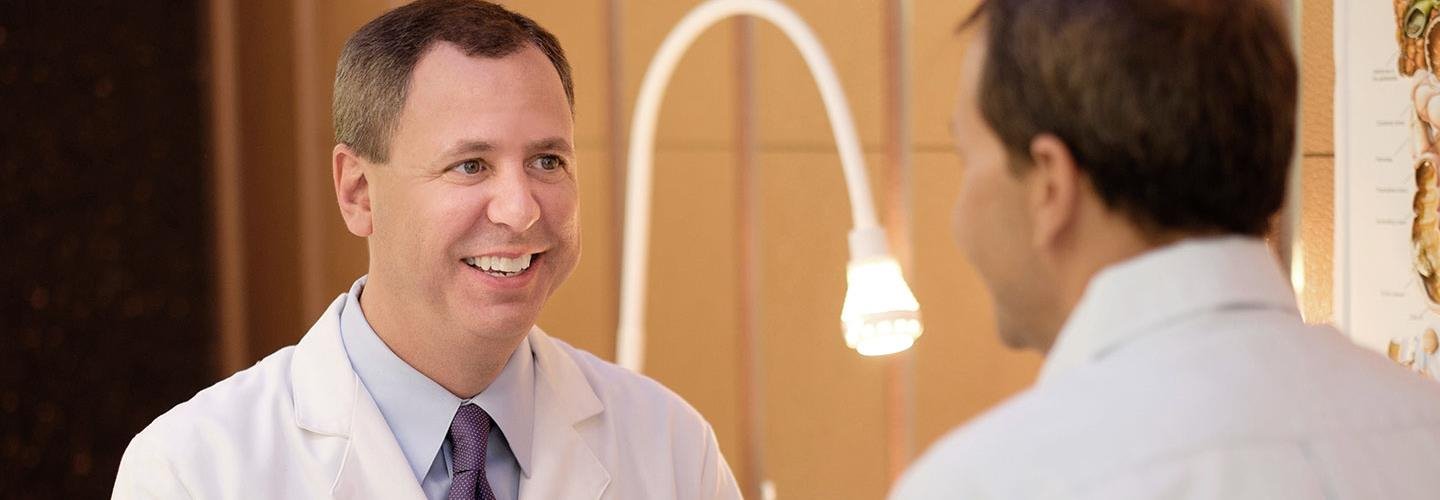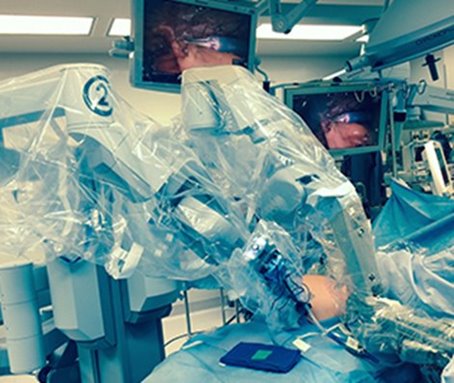What Is Colorectal Cancer?
The term colorectal cancer is used to describe both colon and rectal cancers. Texas Colon & Rectal Specialists provide advanced medical options for prevention and treatment of both.
Who Is At Risk?
Colorectal cancer affects men and women equally and the risk increases after age 45. Additional risk factors include chronic inflammatory bowel disease, such as ulcerative colitis, Crohn’s disease, or family member diagnosed with colorectal cancer or polyps.
Prevention
Colorectal cancer is preventable and treatable. When detected in its initial stages, colorectal cancer is treatable and even potentially curable. In fact, the American Society of Colon and Rectal Surgeons reports that 80-90% of patients are restored to normal health if the cancer is diagnosed and treated early.
Prevention starts with a screening colonoscopy. The majority of colorectal cancers begin as a benign polyp in the colon. A Texas Colon & Rectal Specialist can find and remove polyps during a screening colonoscopy, preventing them from growing into cancer. The American Cancer Society recommends all individuals receive a screening colonoscopy by age 45 and as recommended by your physician thereafter.
Healthy choices help prevent colorectal cancer. While screening colonoscopies can prevent colorectal cancer by detecting polyps, a healthy lifestyle also goes a long way toward circumventing the disease. Small simple choices can be made to reduce your chances of colorectal cancer.



 Robotic colorectal surgery begins much like traditional laparascopic surgery. Once the patient is anesthetized, one of our certified robotic colorectal surgery specialists makes four tiny incisions, inserts trocars, and inflates the abdominal cavity. Next, the surgeon docks the robotic unit—a four-armed device which operates a laparoscope and up to three specialized surgical instruments—into the trocars and moves to a separate console. Using a high-definition 3-D monitor and hand controls, your colorectal surgeon is then able to perform the operation with a high degree of precision.
Robotic colorectal surgery begins much like traditional laparascopic surgery. Once the patient is anesthetized, one of our certified robotic colorectal surgery specialists makes four tiny incisions, inserts trocars, and inflates the abdominal cavity. Next, the surgeon docks the robotic unit—a four-armed device which operates a laparoscope and up to three specialized surgical instruments—into the trocars and moves to a separate console. Using a high-definition 3-D monitor and hand controls, your colorectal surgeon is then able to perform the operation with a high degree of precision.